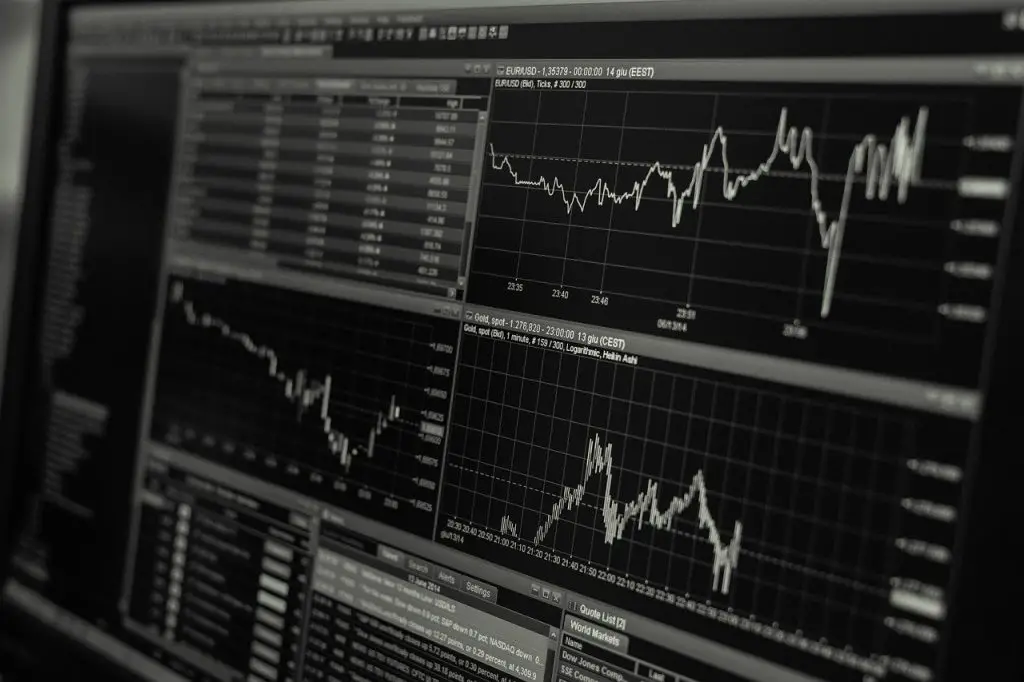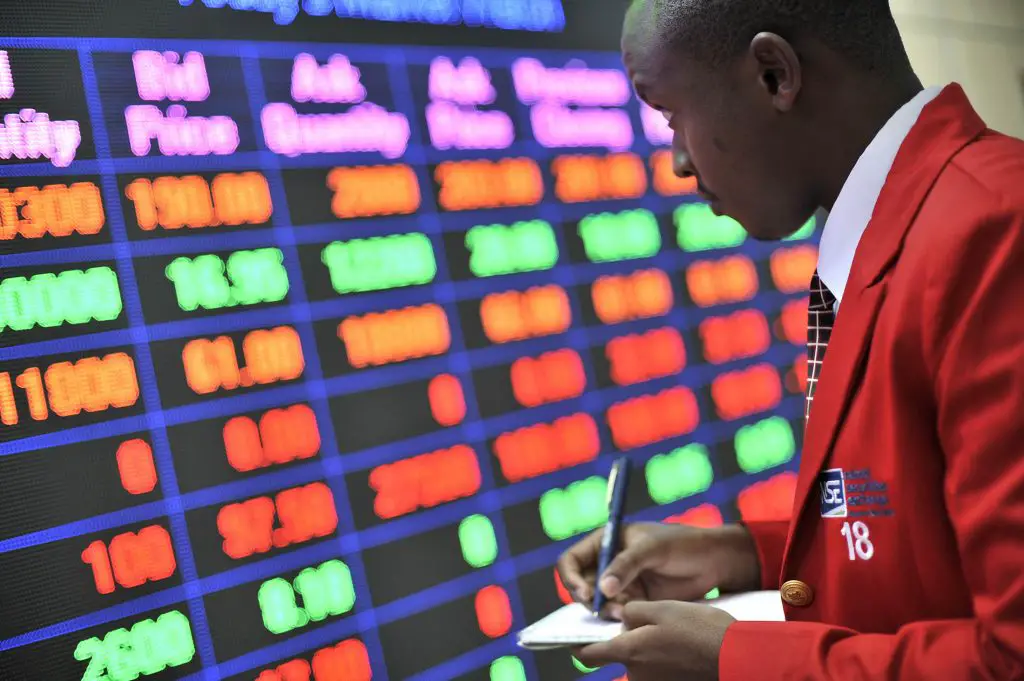Liquidity in the stock market can simply be defined as the ability of a market to absorb large trade volumes with minimal effect on price movement. The more liquid a market is the lower the costs of transactions, the faster new entrants experience price discovery and also serves as a big attraction for foreign investors.
However, there are various challenges observed in frontier and emerging markets with low liquidity levels. Among them include limited free-float, poorly diversified investor profiles and large portions of long-term investors. Moreover, limited awareness of the market by potential domestic investors and complex market access models have been an especially enormous challenge in Africa.
Majority of Exchanges in the continent have liquidity levels below one percent (1%), with only two Exchanges recording levels of over ten percent (10%) as at May 2020- Egypt 48% and Johannesburg (45%). These have wider pools of listed companies and relatively higher market capitalization. However, that is not always the case, as seen in Nigeria (5%) – where listed companies are among the highest in Africa, but share turnover velocity, a measure of liquidity is lower than both Morocco and Mauritius. The latter have turnovers of 6% and 8% with the number of listed companies as seventy five and ninety eight respectively. Therefore, this serves as evidence of the multiplicity of factors that require consideration to enhance liquidity.

Moreover, introduction of market makers or liquidity providers will eliminate lags in execution, by ensuring that every buyer has a seller and every seller, a buyer.
In the market awareness front, NSE in collaboration with other stakeholders continues to educate the public through various channels, including an informative TV show which highlights the listed companies in Kenya and gives a detailed analysis of market performance. . The NSE has also launched an e-learning platform to enable training programs to continue despite the social distancing measures put in place for our safety, in this era of Covid-19.
A new mobile trading platform has also been launched to facilitate trading through sponsored direct market access which is available for download at the Google Play Store for android users and App Store for Iphone users. This means that anyone can trade from the comfort of their homes. This is expected to grow the number of retail investors significantly, in line with NSE’s 2020-2024 strategy.
Additionally, through the Ibuka platform, NSE continues to work closely with Small and Medium Enterprises (SMEs) for corporatization purposes, in readiness for fund raising via formal listing platforms or a forthcoming unquoted securities platform.
With these measures in place, the Kenyan market can achieve its Capital Markets Master Plan (CMMP) targets among them being equity market capitalization to GDP of 70%, corporate bonds outstanding to GDP at 40% and 3-4 GEMs listing per year. This would be in addition to the highly coveted Morgan Stanley Capital International (MSCI) emerging market status, whose size and liquidity requirements include three companies with full market capitalization of USD1400Million, floated market capitalization of USD700Million and Annual Turnover Ratio of 15%.
By Queenbella Mureithi – Strategy and Research Analyst, Nairobi Securities Exchange










